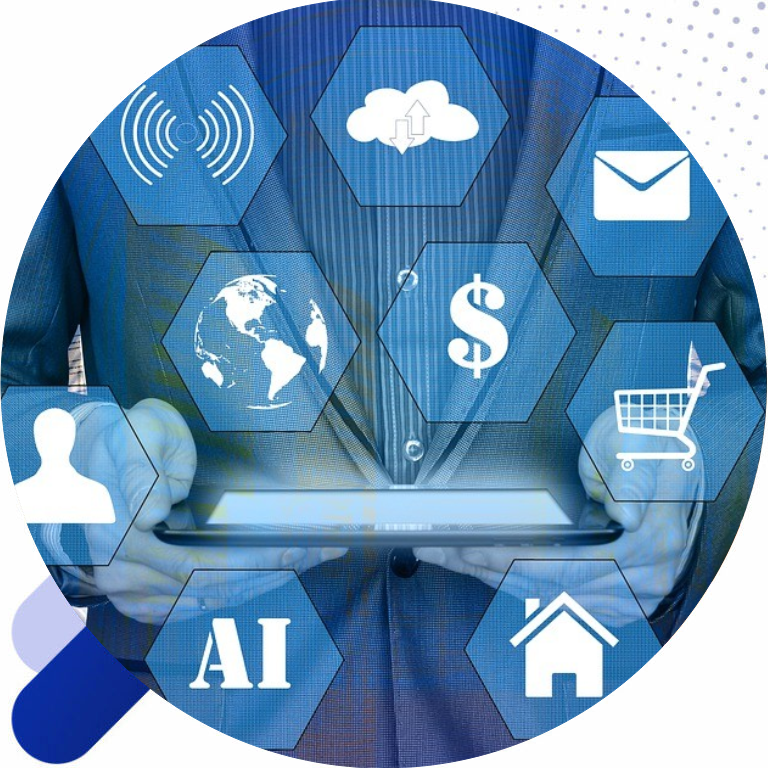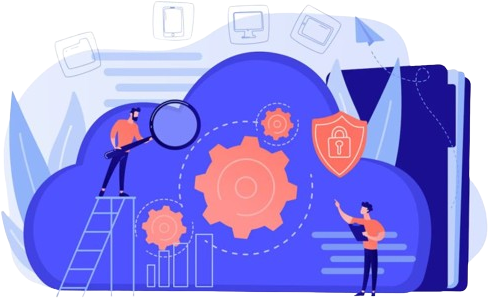What is Platform Engineering?
Platform engineering is the discipline of designing and building self-service internal platforms that allow software development teams to develop, test, and deploy applications more efficiently. It focuses on creating reusable components, automating processes, and ensuring that development environments are consistent across various teams. This is often achieved through the implementation of Infrastructure as Code (IaC), automation pipelines, and container orchestration systems like Kubernetes.
Platform engineering teams typically consist of a diverse set of specialists, including system architects, developers, and cloud engineers. Their goal is to create an internal developer platform (IDP) that abstracts away the complexity of the underlying infrastructure, making it easier for developers to focus on writing code rather than worrying about the operational aspects of deployment.

Understanding Platform Engineering
Platform engineering refers to the discipline of designing and building the foundational systems and services upon which software applications operate. These platforms facilitate seamless integration between various tools, frameworks, and processes needed to develop, deploy, and maintain a modern software product.
Key Objectives of Platform Engineering

- Self-Service: Enabling developers to easily provision and manage infrastructure without needing to interact with operations teams.
- Standardization: Creating consistent environments and processes to minimize discrepancies between development, staging, and production environments.
- Scalability: Building platforms that can handle increased demand without degradation in performance.
- Security and Compliance: Ensuring that platforms adhere to regulatory and organizational security requirements.
- Reliability: Implementing measures like monitoring, observability, and disaster recovery to ensure that platforms remain available even during unexpected events.
Core Components of Platform Engineering Services
To fully appreciate the value of platform engineering services, it is essential to understand its key components:
Infrastructure as Code (IaC)
Infrastructure as Code is a practice wherein the infrastructure is provisioned and managed through code and automation rather than manual hardware setups. This approach leads to greater consistency, repeatability, and version control. Tools like Terraform, AWS CloudFormation, and Ansible allow platform engineers to script and automate the deployment of infrastructure, reducing human error and enabling faster iterations.
Continuous Integration and Continuous Deployment (CI/CD)
CI/CD practices are integral to modern software development. By automating the integration of code changes and their subsequent deployment, organizations can close the feedback loop between development and production environments, enhancing the software lifecycle. This not only accelerates time-to-market but also fosters a culture of quality, as teams can quickly identify and address issues as they arise.
Containerization and Orchestration
Containerization technologies such as Docker and orchestration platforms like Kubernetes have revolutionized the way applications are developed, shipped, and deployed. By encapsulating applications in containers, platform engineers can ensure that they run in consistent environments regardless of where they are deployed. This capability enhances scalability and simplifies the complexity of application management.
Monitoring and Logging
To maintain optimal performance and security, continuous monitoring and logging are crucial. Platform engineering services integrate sophisticated monitoring tools that provide insights into system performance, application behavior, and user interactions. Tools like Prometheus, Grafana, and ELK Stack (Elasticsearch, Logstash, Kibana) enable platform teams to identify bottlenecks, troubleshoot issues, and ensure compliance with service level agreements (SLAs).
Security and Compliance
As organizations migrate to digital platforms, safeguarding sensitive data and complying with regulations becomes paramount. Platform engineering services must incorporate security measures at every stage of the development lifecycle, a practice known as DevSecOps. This involves integrating security practices into CI/CD pipelines, conducting regular audits, and maintaining comprehensive access controls.
User Experience (UX) Design
While much of platform engineering focuses on the backend infrastructure, the user experience remains a critical component. Platform engineers must collaborate with UX designers to ensure that applications are not only functional but also aesthetically pleasing and user-friendly. A seamless user experience increases user satisfaction and fosters loyalty.
The Benefits of Platform Engineering Services
Investing in platform engineering services offers a myriad of benefits that can significantly impact an organization’s performance and profitability:
Enhanced Agility
By automating key processes and leveraging modern tools, organizations can respond more rapidly to market changes and customer demands. This agility allows businesses to innovate continuously and adjust their strategies in real-time.
Improved Collaboration
Platform engineering fosters cross-functional collaboration between development, operations, and security teams. This unity helps eliminate silos, promotes knowledge sharing, and cultivates a culture of continuous improvement.
Cost Efficiency
With cloud infrastructure and automated processes, organizations can optimize resource utilization and reduce operational costs. This efficiency can lead to significant savings over time, allowing businesses to allocate funds to innovation and growth initiatives.
Future Trends in Platform Engineering Services
The field of platform engineering is continuously evolving, and businesses must stay abreast of emerging trends to remain competitive. Some future trends that are likely to shape the landscape include:
Serverless Computing
As developers increasingly seek ways to abstract infrastructure management, serverless computing is gaining traction. Platforms like AWS Lambda and Azure Functions allow developers to focus on coding while the cloud providers manage the underlying infrastructure, promoting flexibility and efficiency.
Artificial Intelligence and Machine Learning
Integrating AI and machine learning into platform engineering can enhance predictive analytics, automate routine tasks, and improve decision-making processes. Organizations that adopt these technologies can gain deeper insights into user behavior and operational efficiency.
Speak With Expert Engineers.
Contact us by filling in your details, and we’ll get back to you within 24 hours with more information on our next steps

Please fill out the contact form

Call Us
United Kingdom: +44 20 4574 9617

UK Offices
Business Address: 70 White Lion Street, London, N1 9PP
Registered Address: 251 Gray's Inn Road, London, WC1X 8QT
Schedule Appointment
We here to help you 24/7 with experts

